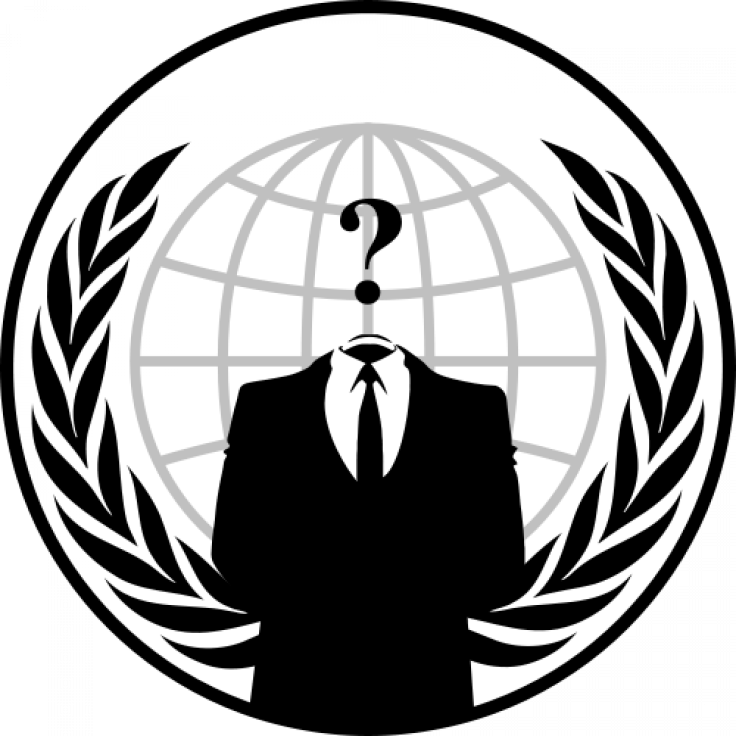Anonymous Claims It Hacked North Korea Government Site, Stole 15,000 Passwords

Hackers belonging to the hacktivist collective Anonymous claim to have breached North Korean government websites, obtaining more than 15,000 user records.
According to Martyn Williams of North Korea Tech, a blog that covers technology-related news in the world's most isolated country, the hacked website is Uriminzokkiri.com, a "semi-official North Korean website" that "speaks for the North Korean government" and posts "much of the output of state media."
In a message posted online, Anonymous included the details of six user accounts, including the users’ names, e-mail addresses, birthdays and even encrypted passwords. Williams noted, however, that none of the evidence shared by Anonymous actually verified that they had breached North Korean web or mail servers.
“Getting onto the domestic intranet is highly unlikely based on our current understanding of the network,” Williams wrote. “It’s believed to be totally separate from the Internet with no network link between the two for security purposes. So a proven hack would be very interesting.”
The Anonymous members also shared their motives for the cyber attack, writing, that the “North Korean government is increasingly becoming a threat to peace and freedom... This is not about country vs country – This is about we, the people, the 99% (of USA and of North Korea) vs oppressing and violent regimes (like USA gov. and N.K. gov)!”
The members also included a short but ambitious, to say the least, list of demands, including the resignation of dictator Kim Jong-Un, the end of nuclear arms production and the installation of a free democracy in North Korea. Unsurprisingly, the group also demanded that the government remove its extremely prohibitive restrictions on Internet access.
According to NBC News, most North Koreans outside of the government or military have never used the Internet, and last year Reporters Without Borders named the country one of its 12 “enemies” of the Internet.
"In North Korea, we don't see evidence that much of anyone has access," Jim Cowie, co-founder of the global Internet monitoring firm Renesys, told the news outlet. “In North Korea, Internet is extremely limited. They don't have those resources. There's basically one service provider, and that is state-controlled."
The hackers involved spread news of the online attack over Twitter, using the hashtags #OpNorthKorea and #OpFreeKorea. They have also said that they plan more attacks on April 19 and June 25.
© Copyright IBTimes 2024. All rights reserved.











